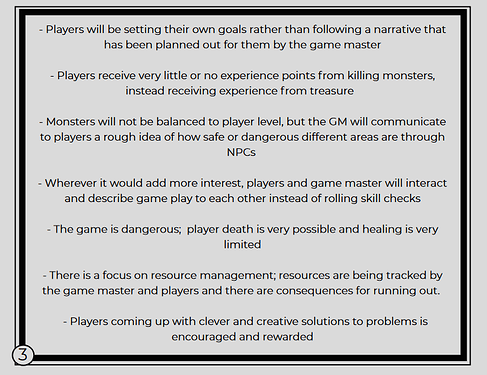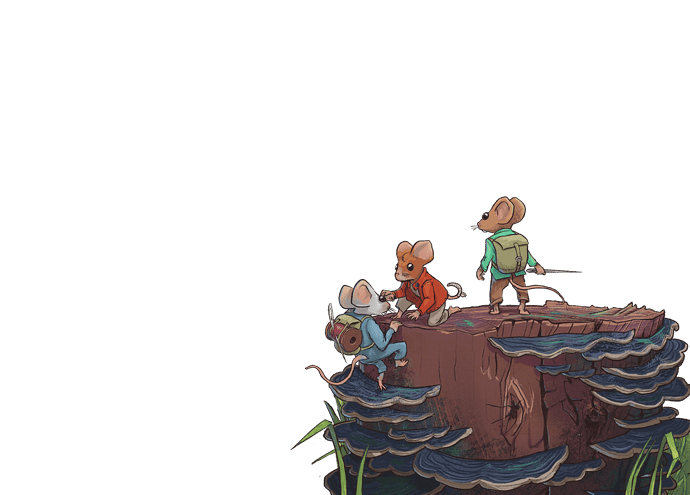I think Skeletonboi is right that the two groups talk past each other. The division between the two dates to a period more than ten years ago and it’s still going only by momentum.
Story Games became a thing in 2005 in an internet spat over the status of My Life with Master (published 2003). Some people said it wasn’t a “true role-playing game.” Others said, “Yes, it is, but have it your way: it’s a Story Game!” The spat resulted in a new term that stuck and then spread as it got its own domain name and cliques.
The term OSR originated in 2008, although there are traces of gamers talking about “old-school games” before that. The oldest traces that I could find go back to the market in rare old game books around the turn of the millennium. Nostalgia for games out of print, and distaste for 3e (then 4e) combined in the early 2000s to create a market among older gamers, who had jobs and money to spare, who collected old game books. Some people called them “old-school,” riffing on the term used in the '90s for early, '80s, freestyle hip-hop. OSR was declared a “movement” in 2008, although it has been declared dead over and over since then and been a scene of acrimony.
So, basically, some gamers are still fighting over these invented terms and what they mean more than ten years later, sometimes as if the future of the hobby depended on it. As you folks are rightly noting, the two groups often do the same things. They also blame each other for doing the things that they already do themselves. What I see, instead, is a tendency for the two groups to oppose each other along the lines of cultural politics, not game mechanics. Of the two groups, the OSR pundits tend to be more overt and aggressive with their cultural politics but also to deny their political stances more.
I make all these observations as a non-OSR, non-Story Games gamer.
I often say that it would be better if we just talked about fantasy role-playing games, as it was before, but the response from OSR players is usually that OSR (and Story Games) are flavors and it’s useful to say what kind of flavor a games has.
My impression is that the OSR gamers who frequent this Pit tend to hold rules-light game values that move beyond the original purpose of the OSR (whcih was to play old D&D editions) and are more interested in moving into new territory, and that there is no single play style that can account for the preferences of everybody here.



